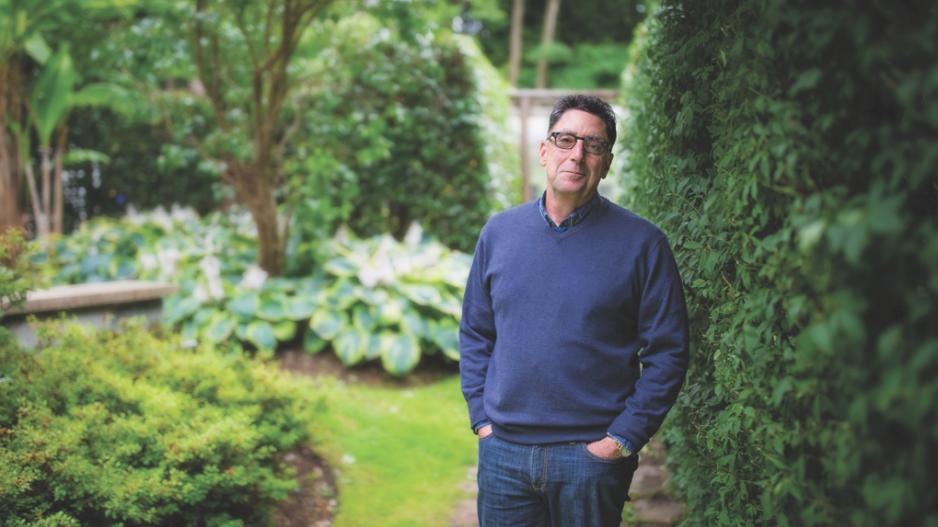A Vancouver businessman is reaping rewards from a new seed rich in omega-3 fatty acid that is taking the market by storm.
CEO Jack Grushcow’s Smart Earth Seeds produces camelina seeds, from which is derived oil and meal for aquafeed, pet food, poultry feed and cosmetics. Within the last year and a half, camelina seeds have garnered over $1 million in sales, with much of the business coming from the aquaculture industry.
Camelina is a sustainable and environmentally friendly alternative to other oils such as canola, said Grushcow, who moved operations to Saskatchewan to take advantage of the drier land that makes the growth of camelina possible.
“Camelina is very drought resistant,” Grushcow said. “What makes it sustainable is it uses less water and less fertilizer than other oilseed crops. It can be grown in drier, more marginal land and it uses less input.”
Recently, Smart Earth Seeds, an affiliate of Vancouver-based Linnaeus Plant Sciences, was approved for a $300,000 investment by Ag-West Bio, Saskatchewan’s non-profit bioscience industry association. Ag-West advocates advancing the industry by keeping up to date with member activities while also investing in innovative companies.
Brad Bly, Ag-West’s director of commercialization, said the decision to invest in Smart Earth Seeds came down to familiarity with the company and its reputation.
“By keeping abreast of them and knowing what they are doing, we saw a company that was hitting several successful milestones in their development,” Bly said. “Milestones from their revenue standpoint, milestones from how they are developing their technology [their genetics], and we are familiar with their management and ownership and we know that that is strong.”
Mike Cey, Ag-West Bio’s director of corporate initiatives, said Smart Earth Seeds’ operations are good for the Canadian economy and offer a sustainable opportunity to the aquaculture industry.
“Adding another crop [camelina] from a marketing perspective is really good for the country in terms of market diversity,” Cey said. “That kind of diversity is great for Canada from an economic perspective, but also from an environmental perspective. If we can insert new and different oilseeds into the mix, which we can do with a crop like camelina, it’s very good from a sustainability perspective.”
With the recent approval through the Canadian Food Inspection Agency to use camelina in salmon and trout feed, Smart Earth Seeds sees expanded potential for its product.
“Our aquaculture companies, which are significant on the West Coast, can use camelina to reduce the amount of fish oil they use in a salmon feed,” Grushcow said.
For Bly, the investment in Smart Earth Seeds was not just about the financial return, but also about helping it scale up in Saskatchewan.
“[From an] investment standpoint, we saw an opportunity to make an investment to accelerate what they’re doing and to give us a good return on our investment.”
While flax still remains Smart Earth Seeds’ No. 1 competitor, Grushcow said his company is able to stand out through its significant breeding of camelina, market-development advantages and its large grower footprint.
“People are interested in alternatives to flax,” he said. “In the aquaculture area, these big companies have already done their research on camelina and determined it was a much better oil to feed salmon. Camelina helps balance and make a farm fish healthier.”
Grushcow hopes to expand the camelina harvest and add more value-added products to Western Canada.
“We want to own the genetics of this plant,” he said. “We want to have our varieties that are so much better yielding, that are herbicide resistant, that have things that nobody else’s variety has out there.”
While they have already entered a few main markets, Grushcow said there is always room for expansion, and he is optimistic about future demand for the product. •




